Crew 228 Commander Report 29Sep2021
Sol: 2
Summary Title: Dinosaurs, Viruses, and Space Exploration
Author’s name: Lindsay Rutter
Mission Status: Nominal
Commander Report:
"The Areonauts have landed on Mars!" our crew cheered as we touched down on Cow Dung Space Track. The dried-up Martian river bed is named after Cow Dung Road 0110, a breathtaking road in the San Rafael Swell back on Earth that could never be forgotten by anyone who traveled on it during terrestrial Mars analog missions from generations past. The habitat, built by AI and ISRU, comes into view. One Areonaut dissolved into bouts of uncontrollable laughter: “It’s right there! I can’t believe it’s real!” Then, we all break out into laughter.
It feels surreal for us to be on Mars. We have rigorously trained for this thrice-postponed mission for 2.5 years. We started as nine strangers who hailed from all across the globe, each of whom would bring irreplaceable expertise to optimize the mission. We would comprise of Malaysian, Italian, and American engineers; a British journalist; a Japanese botanist; a Lithuanian sociologist; a Cypriot cardiologist; a Bangladeshi astronomer; and an American biologist.
Then, days before our scheduled liftoff, while quarantining at the international space agency, a pandemic broke out on Earth. Our mission was terminated and we transitioned from a calculated and routine spaceflight quarantine with our crew to an unexpected and chaotic worldwide quarantine with our families and friends. The COSPAR Planetary Protection Policy was updated with new standards to prevent the spread of the terrestrial virus into a space virus.
With these important updated protocols, the Areonauts needed to temporarily split into two units. The four of us who arrived on Mars will serve as Stage One Crew. The five crew members who remained on Earth will serve as Stage Two Crew; they are abiding by strict terrestrial quarantine procedures, while resuming their intense training back on Earth. They are currently serving as Remote Crew until they physically join us later at the habitat.
It was incredibly difficult to split into two units, especially because I knew what each crew member wanted to accomplish, and I was anticipating leading a successful mission for all Areonauts. We were in a pinch with the sudden loss of in-situ expertise, but if the virus from the Pale Blue Dot has taught us anything, it was the value of flexibility and patience. I am so proud to witness our remote crew supporting our in-situ crew, with our more experienced remote flight surgeon helping our in-situ HSO and our remote agricultural advisor helping our in-situ GreenHab Officer.
The pandemic has highlighted an urgent need to focus on Earth. At the same time, it has demonstrated the existential scale of unpredictable events. Cow Dung Road rests on top of dinosaur bones, ancient reptiles who met a spectacular ending 65 million years ago. As we explore this new terrain, I am reminded of how important it is to prepare for and learn from unexpected events, with parallels between space exploration, planetary defense, and planetary protection. While these concepts ring through my head, I am determined to still make this mission a success for all Areonauts. Our mission can still add a small component toward a larger set of actionable knowledge that can benefit both humans in space and on Earth, as we all learn to sometimes live in isolation and with limited resources.
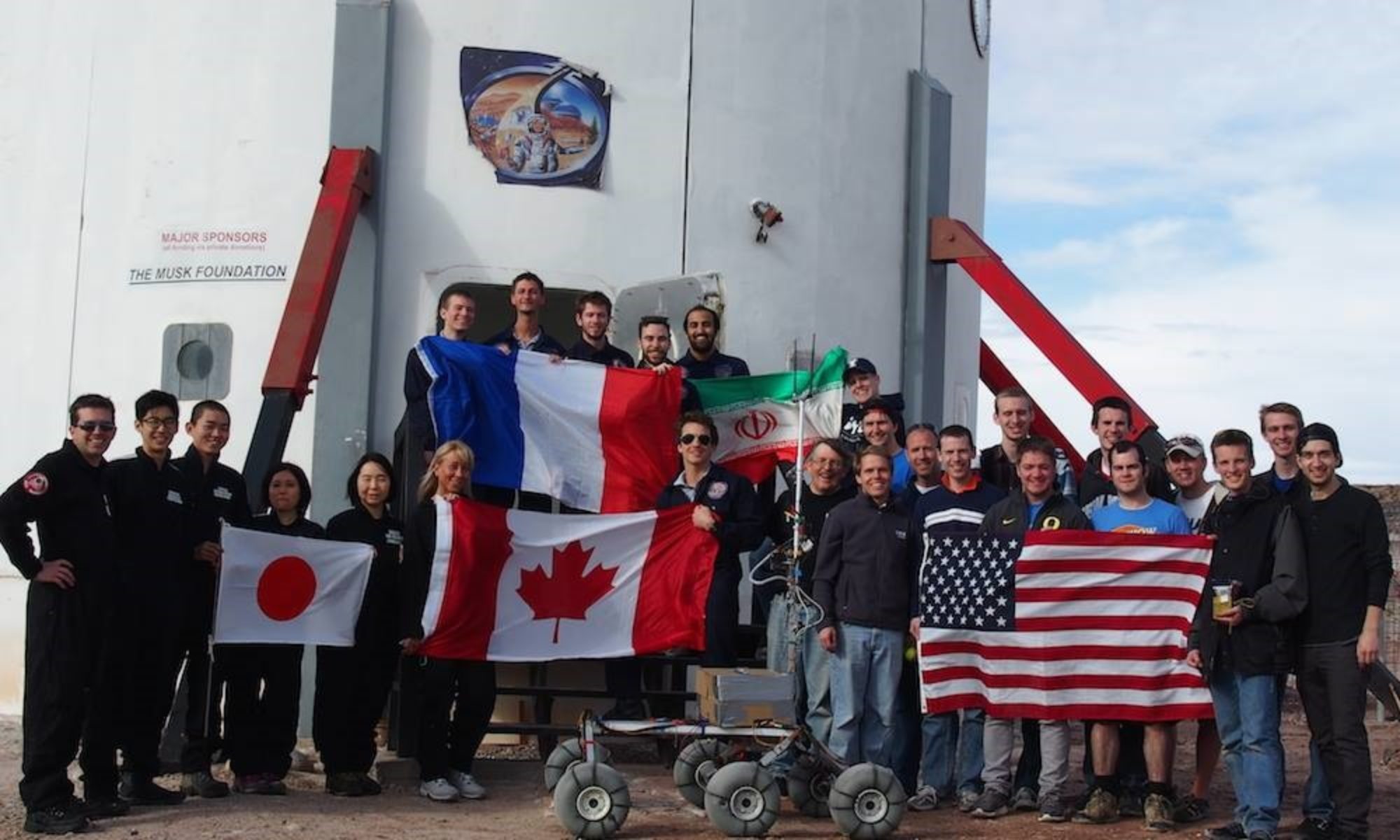
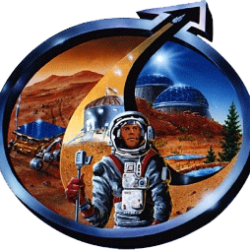
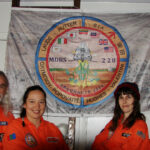
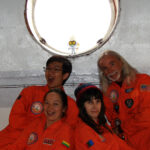
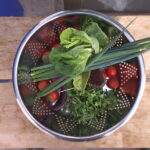
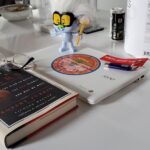
You must be logged in to post a comment.